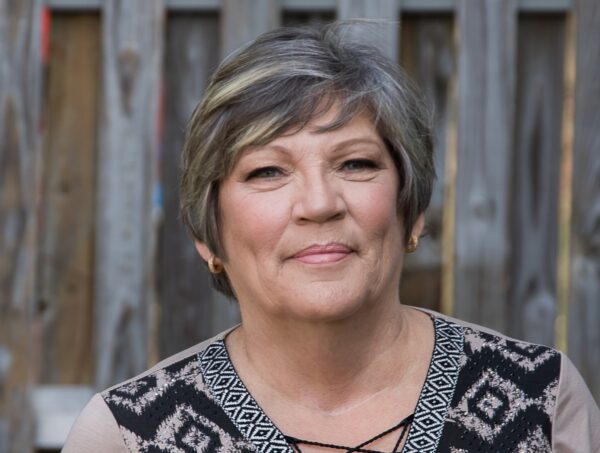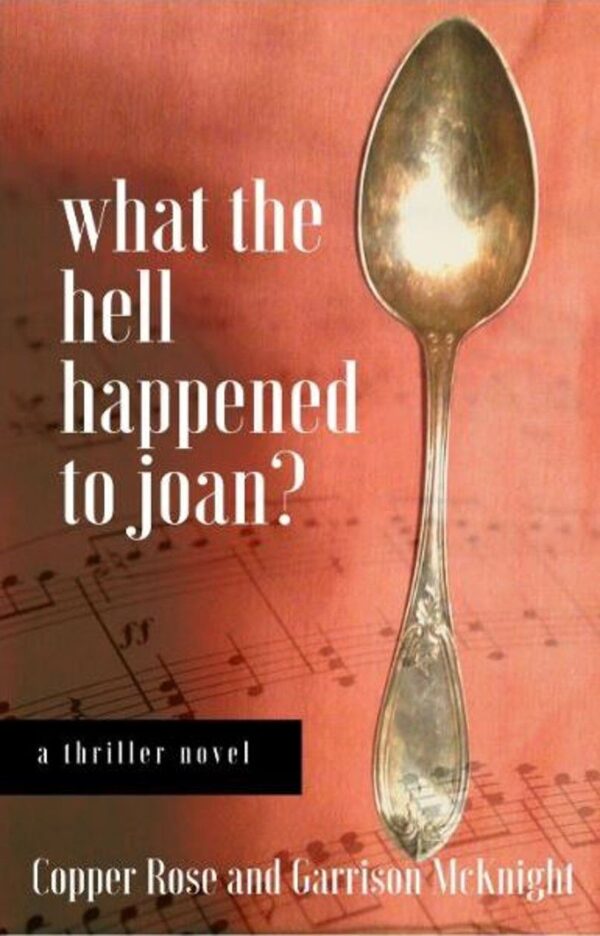
Welcome to my weekly Author Spotlight. I’ve asked a bunch of my author friends to answer a set of interview questions, and to share their latest work.
Today: Dawn DeBraal lives in rural Wisconsin with her husband, Red, a dorky dog and a stray cat. She has published over 600 drabbles, short stories, and poems in online ezines and anthologies, including Black Hare Press, Black Ink Fiction, Clarendon House Publishing, Zimbel House Publishing, Terror House Magazine, CafeLit UK, Potato Soup Journal, Impspired Magazine, Commuter Lit, The World of Myth, Valiant Scribe, Wicked Shadow Press, Unsettling Reads, and more. She co-wrote a novel under the pen name of Garrison McKnight, nominated for 2019 Pushcart Award, Falling Star Magazine, runner up in the 2022 Horror Short Story Contest.
https://www.facebook.com/All-The-Clever-Names-Were-Taken-114783950248991
Thanks so much, Dawn, for joining me!
J. Scott Coatsworth: Do you use a pseudonym? If so, why? If not, why not?
Dawn DeBraal: I have used a pseudonym. In writing things that are sensitive to people, or it needs a male perspective or because I am hiding my identity. I write as Garrison McKnight. The first time was because I was on a project with a group of authors and the manuscript wasn’t going the way I was comfortable with, so even though my real name is in the book, I am listed as Garrison. He takes all my shame.
JSC: Do you ever base your characters on real people? If so, what are the pitfalls you’ve run into doing so?
DD: I believe most of my characters are based on real people or some aspect of a real person. Sometimes something as simple as a mannerism that person has, pursing their lips, or fiddling with their hair is enough to start a personality on a character. The pitfall comes when someone recognizes themselves and asks you, “Is that me?” It hasn’t happened yet, but I live in fear of this.
JSC: What do you do if you get a brilliant idea at a bad time?
DD: I quickly email myself or message my self. I used to carry a little recorder with me, but the thing is so complicated I gave up on it. I just message myself with an observation and pick it up when I have a chance to work on it.
JSC: Why did you choose to write in your particular field or genre? If you write more than one, how do you balance them?
DD: I love horror not the gory slash and gash, the creepy skin prickling aha moments of horror. Yes, you have to have a little gore, but let the reader imagine it and not give them a blow by blow description. I grew up reading mysteries and later moved onto serial killers so that I will recognize one when I see them. I also write regular stories, and it’s not hard to keep them on their side of the page.
JSC: How did you deal with rejection letters?
DD: Rejection letters are tough, especially when you don’t get feedback. It’s even worse when you don’t get a rejection letter and you go to check on the call and see the book was printed and the publisher never even informed you that you weren’t selected. Most letters are form rejections due to the high volume of manuscripts the editor is dealing with. I pick myself up from the floor, dust the story off and send it to someone else. You have to have tough skin to be an author.
JSC: How did you choose the topic for what the hell happened to joan?
DD: I worked as a Veterans Benefits Specialist for my county and experienced a great many stories from hundreds of veterans. “what the hell happened to joan?” it is in all small letters, no caps, to show the insignificance of women in the 1950s and 60s. I used many different parts of veteran’s stories, but mostly the story of a woman who was fragile and made more fragile mentally by her experience in the Air Force in the 1960s. Also experiments the government did to our veterans aboard ships at sea, the perfect place to isolate and douse them with horrible diseases. This book not only tells the plight of a woman who had few rights back then, but also what can happen when you sign your life over to the government, how it is possible to be mistreated.
JSC: What was the hardest part of writing it?
DD: what the hell happened to joan? was co-authored with an author named Copper Rose, the woman who inspired me on my writing journey. The hardest part was working with someone and not letting your ego take over. Copper was a writer long before me, so we had different approaches. We started the project nine years earlier, when life got in the way. One day out of the blue she called me and asked if I’d written anything on the story. While I wrote about Joan’s past, she wrote all the crazy stuff. We sent each other our work and it struck me they could be combined. From that point on we wrote to uncover Joan’s mystery like peeling an onion. So many layers. It was a great collaboration effort with a wonderful friend.
JSC: What secondary character would you like to explore more? Tell me more about them.
DD: Joan’s brief high school romance, Thomas, ends up going to Vietnam and becomes a tunnel rat because of his small stature. Thomas comes back to Gainsfield with PTSD. He takes a back seat to Joan’s mental illness and though they are friends, he loves her from afar, Thomas is too broken to fix himself, let alone Joan. He is pushed to the background of this book, but he has a story that should be told also.
JSC: What’s your core motivation in this book?
DD: There were so many stories of veterans who were deceased. Their stories lost. One in particular haunted me. I had to know what happened but never would. On that preface, Joan was conceived, Copper and I wrote to satisfy my curiosity about what happened to the woman by making whole thing up.
JSC: What are you working on now, and what’s coming out next? Tell us about it!
DD: Currently, I have two novellas in competitions. I’ve sent in the first chapter of one, and the first 10,000 words for the other. Both are stories I have worked on and off for years. I have a series of short stories manuscripts, both of which I hope to publish as a novel, one is horror stories based on each line of the Lord’s Prayer. The other is short stories based on the era that the Morgan dollars were printed, 1878 to 1904. Each year the silver dollar was in print has a story had with a Morgan dollar in it and how that money changes the character’s lives. Garrison and I have over 600 publications, and we will continue to write short stories for calls.
Thank you for asking me to tell you about my novel! You certainly had some great questions!
And now for Dawn’s latest book: what the hell happened to joan?:
All her life, Joan placed herself in the hands of men who failed her. Struggling against the expectations a woman had in the 1950’s and 60s, Joan does the unthinkable, leaves her small town to join the Woman’s Air Force Band only to find herself under another man who will dominate her.
Joan Elsbeth Tipton leaves her small town to serve her country in the Women’s Air Force Band, San Antonio Texas in 1960. She unwittingly becomes part of a brain washing experiment. She has spent a good part of her life in a mental institution until she is found murdered in a VA Hospital. She served her country and paid for it with her life.
Colonel Dr. John Dennison, the psychiatrist in charge of a brain washing experiment with the new mind-altering drug, cammodia, experiments on unwitting female musicians. One dose, the women are changed forever. When the experiment ends, the Colonel must dispose of the people whose lives he has destroyed.
Virginia Cudahy, a Veteran’s Benefit’s Specialist for Goodland County is tasked with getting benefits for deceased veteran Joan Elsbeth Tipton, murdered while a patient in a VA hospital. Ginger not only uncovers Operation Orchestrate a secret brainwashing experiment she also discovers a story that will change her life forever.

